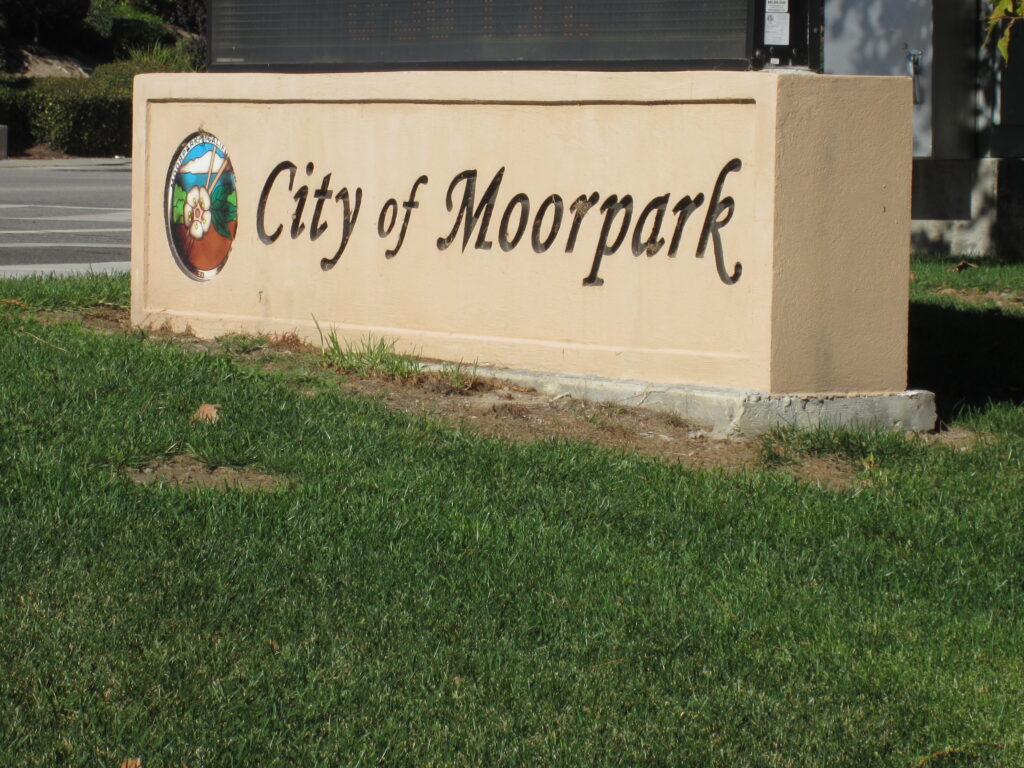Understanding pre-approval is a critical step before diving into the housing market. Essentially, a pre-approval letter is a formal document from a lender stating that you qualify to borrow a specific amount of money. This qualification is based on a thorough examination of your financial health, which includes evaluating your income, assets, and credit score. Pre-approval is often confused with pre-qualification, but there are significant differences. Pre-qualification is a simpler, more informal process where you provide a general overview of your financial status. In contrast, pre-approval requires submitting detailed financial documents, making it a more precise indicator of your borrowing capacity. When you go through the pre-approval process, lenders will scrutinize your credit score, debt-to-income ratio, and overall financial stability. This allows them to determine how much they are willing to lend you, which is then documented in your pre-approval letter. It’s worth noting that while a pre-approval letter indicates you’re a serious buyer, it does not guarantee you will get a loan. The pre-approval process can be demanding, requiring you to gather various documents like recent pay stubs, tax returns, and bank statements. However, this effort can pay off by giving you a realistic budget to work with and strengthening your position as a buyer in competitive markets. Keep in mind that pre-approval letters are not indefinite; they usually expire within 60 to 90 days. If you haven’t secured a home within that period, you’ll need to go through the process again to ensure your financial situation hasn’t changed. This step is crucial to maintaining an up-to-date understanding of your borrowing capacity.
them to determine how much they are willing to lend you, which is then documented in your pre-approval letter. It’s worth noting that while a pre-approval letter indicates you’re a serious buyer, it does not guarantee you will get a loan. The pre-approval process can be demanding, requiring you to gather various documents like recent pay stubs, tax returns, and bank statements. However, this effort can pay off by giving you a realistic budget to work with and strengthening your position as a buyer in competitive markets. Keep in mind that pre-approval letters are not indefinite; they usually expire within 60 to 90 days. If you haven’t secured a home within that period, you’ll need to go through the process again to ensure your financial situation hasn’t changed. This step is crucial to maintaining an up-to-date understanding of your borrowing capacity.
Advantages of Having a Pre-Approval Letter
A pre-approval letter can significantly streamline your home buying journey, especially in the bustling Moorpark Real Estate market. One of the key benefits is that it shows sellers you’re financially ready to proceed, which can make your offer more attractive in a competitive environment. This level of preparedness can often give you an edge over other buyers who have not secured pre-approval. Another major advantage is that it provides a clear budget for your house hunting. Understanding the maximum amount you can borrow allows you to focus on homes that are within your financial reach, saving you time and avoiding the frustration of falling for properties that are out of your budget. A pre-approval letter can also speed up the closing process once you’ve found your dream home. Since much of the financial vetting has already been completed, the time required to finalize your mortgage can be reduced, making the transaction smoother and quicker. Furthermore, having a pre-approval letter can also empower you to negotiate better terms with the seller. Knowing you have financing secured can be a strong bargaining chip, potentially leading to a more favorable purchase price or other advantageous terms in the contract. Finally, being pre-approved can also give you peace of mind. With a clear understanding of your borrowing capacity, you can navigate the home buying process with confidence, knowing that you’re financially equipped to make one of the most significant purchases of your life.
How the Pre-Approval Process Works
The pre-approval process involves several steps and requires specific documentation. To start, you’ll need to gather documents such as recent pay stubs, tax returns, bank statements, and identification. These documents give the lender a comprehensive view of your financial situation. Once you have your documents ready, you’ll submit them to the lender, who will then assess your financial health. They will evaluate your credit score, debt-to-income ratio, and overall financial stability. This assessment allows the lender to determine the loan amount you qualify for, which will be reflected in your pre-approval letter. Lenders use this information to perform a detailed financial analysis. This includes running a credit check to understand your borrowing history and scrutinizing your income and assets to verify that you have a stable financial foundation. This thorough review ensures that the lender can confidently estimate how much they are willing to lend you for a home purchase. In some cases, the lender might request additional information or clarification on certain documents. Being prompt in providing these details can help expedite the process and avoid unnecessary delays. After the lender completes their evaluation, you’ll receive a pre-approval letter outlining the loan amount you’re eligible for, the interest rate, and any terms or conditions attached to the approval. It’s also crucial to understand that a pre-approval is not a guarantee of a loan. Changes in your financial situation or new financial commitments can impact your final loan approval. Therefore, maintaining stable finances during the house-hunting phase is essential. In summary, the pre-approval process provides a clear picture of your borrowing potential, helping you make informed decisions as you navigate the Moorpark Real Estate market.
Circumstances Where You Might Not Require One
Although a pre-approval letter is highly advantageous, there are instances where you might not need one. If you plan to buy a home with cash, there’s no requirement to secure a mortgage, making pre-approval unnecessary. Similarly, purchasing a home from a family member or close friend who is willing to be patient while you arrange financing can reduce the need for immediate pre-approval. In addition, certain home-buying scenarios allow for flexibility. For example, some sellers may accept buyers who can show proof of funds or a high credit score as an alternative to formal pre-approval. This can be particularly effective in less competitive markets where the urgency is lower. Another approach is working with lenders who offer expedited approvals. Some financial institutions can provide same-day approvals, allowing you to quickly prove your financial capability without the traditional pre-approval process. These rapid approvals can be especially useful when time is of the essence, and you need to act fast. Lastly, if you’re in a strong financial position and can demonstrate stability through other means, such as substantial savings or a robust investment portfolio, some sellers may consider this sufficient evidence of your ability to purchase the home. This can be a compelling alternative in scenarios where pre-approval might be more cumbersome or time-consuming. In summary, while pre-approval letters are generally beneficial, understanding when they are not strictly necessary can offer you additional flexibility and options during your home-buying journey.
